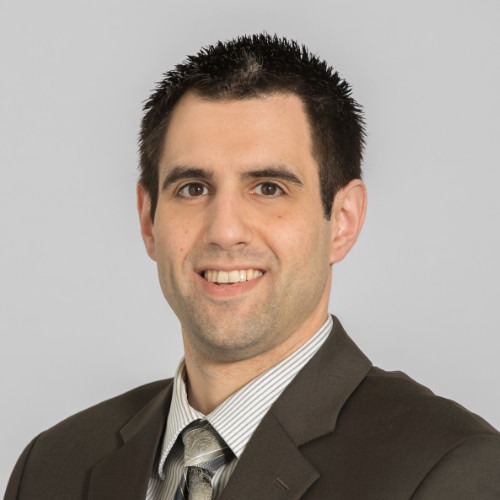Introducing some fresh faces
You may have noticed over the past month a few new contributors to the Long-Term Living blog. Hopefully, you have already checked out their expert voices. But if you missed them the first time around, here’s an introduction with links to each new post.
Mitchell S. Elliott, AIA
Mitch is a great friend of Long-Term Living and served on this year’s DESIGN jury. You may have seen his byline appear on this very blog during March’s Environments for Aging.11 conference as he provided live insights straight from the show floor. Mitch is a design veteran and 28-year member of the American Institute of Architects, is chief development officer at Vetter Health Services and serves as vice-president of the Society for the Advancement of Gerontological Environments (SAGE). He also recently participated in the July issue’s designer roundtable. Read his blog on the importance of life safety here.
Luke Fannon
It seems providers can never get enough solid advice on marketing. Enter Luke Fannon, founder and principal at Premier Coaching and Training in Unionville, Pennsylvania, who specializes in delivering sales and marketing training to healthcare professionals. Luke’s first post on creative methods of gaining access to referral sources can be found here.
Susan Misiorski
The work of PHI and its dedication to culture change principles is widely known. It certainly doesn’t hurt to have experts like Misiorski in leadership positions at the organization. Sue is PHI’s director of training and organizational development services—as well as former president of the Pioneer Network—and will be sharing excerpts from the organization’s Business of Caregiving case studies on employers who illustrate a “quality care through quality jobs” approach to long-term care. Her first blog on investing in frontline staff is available here.
Jason E. Bring, Esq.
A remnant of the Civil War and Abraham Lincoln’s presidency, the False Claims Act, or “Lincoln Law,” was enacted to stop frauds from being perpetrated against the U.S. government and has been stretched at present day to sue nursing homes for quality-of-care allegations. Whether or not such application of the law is appropriate, providers need to be wary of its newly redefined scope. Bring and Erin Kendall, his colleague at Arnall Golden Gregory LLP, touched on the FCA in our June issue, and he has since followed up with a post on a new OIG website cataloging quality-of-care Corporate Integrity Agreements born from FCA settlements with providers.

Kevin Kolus wrote for I Advance Senior Care / Long-Term Living when he was an editor. He left the brand in 2012. He is now senior communications manager at Cleveland Clinic.
Related Articles
Topics: Articles











